Chicago Public Library is turning 150 and we have stories to tell. This six-episode limited series podcast takes us on a journey – from building a library after the Great Chicago Fire to reimagining what libraries could be. Along the way, we will meet different Library People: librarians, patrons, authors, and so much more. Each episode will bring a mix of voices and stories found in Chicago’s 80+ branches that make Chicago Public Library a city treasure and a leader in the space.
Read a transcript of episode 3.
Take a deeper dive into episode 3 of the Library for the People podcast, focusing on book bans and Book Sanctuaries.
CPL and Intellectual Freedom
In 1936, Chicago Public Library was the first public library in the country to draft and adopt an Intellectual Freedom Policy. The policy asserted the library’s responsibility to provide books on all sides of controversial subjects.
The Intellectual Freedom Policy was tested and upheld only two years later when, in 1938, complaints were made following a public meeting held in the John Toman Branch in the Lawndale neighborhood. In December 1938, the Toman Forum (was for adults and met 12 times a year to discuss a variety of cultural, social and political topics) met to watch a film, Return to Life, then hear a lecture about the Spanish Civil War. An enormous audience of 362 people packed into Toman Branch to attend, but complaints were raised afterwards that the content of the film and the following lecture were pro-Communistic. This time, however, having established the Intellectual Freedom Policy, the complaints were dismissed, and the Forum continued.
Learn more about CPL's growth over the years at our Branching Out: Chicago Public Library in the Neighborhoods exhibit.
Carl Roden
Carl Bismarck Roden worked for Chicago Public Library for 64 years, beginning as a page in 1886 and serving as chief librarian from 1918 until his retirement in 1950. As chief librarian, Roden steered CPL through decades of enormous change – two world wars, the great depression, voting rights for women, the ever-present struggle for civil rights after race riots in 1919 and freedom of information codified as library policy.
Under his watch as chief librarian, the number of branches increased by 50%, the number of staff more than doubled, the book stock increased nearly three-fold, and twice as many borrowers checked out 22% more books. He was described by his colleagues and friends as warm, sincere, kind, of enormous intellect, and quietly witty. His belief that the role of a librarian is to “connect the right person to the right book” guided him, and CPL, through tough times.
Roden Branch opened on September 16, 1968, and serves Chicagoans who call Edison Park and Norwood Park home.
Book Sanctuaries
 CPL declared itself a sanctuary for endangered stories, establishing Book Sanctuaries across the city in 2022. A Book Sanctuary is a physical or digital space that actively protects the freedom to read. It provides shelter and access to endangered books and can be created by anyone and can exist anywhere – in a library, a classroom, a coffee shop corner, a community center, public park, your bedroom bookshelf, or even on social media. Learn more.
CPL declared itself a sanctuary for endangered stories, establishing Book Sanctuaries across the city in 2022. A Book Sanctuary is a physical or digital space that actively protects the freedom to read. It provides shelter and access to endangered books and can be created by anyone and can exist anywhere – in a library, a classroom, a coffee shop corner, a community center, public park, your bedroom bookshelf, or even on social media. Learn more.
Freedom to Read Staff Lists
Check out our librarian curated lists celebrating the Freedom to Read for all ages.
Freedom to Read: Fiction
Freedom to Read: Nonfiction
Freedom to Read: For Kids
Freedom to Read (eBooks)
Freedom to Read: Raising Young Readers

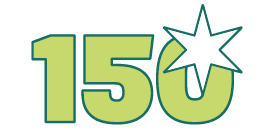
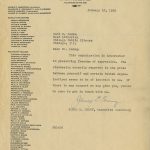
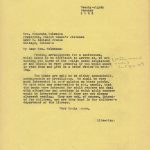
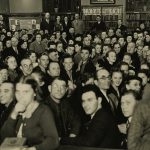
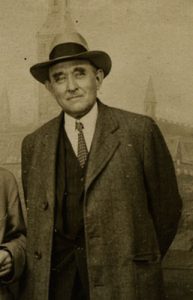


Add a comment to: Library for the People Episode 3: Of Book Bans and Book Sanctuaries